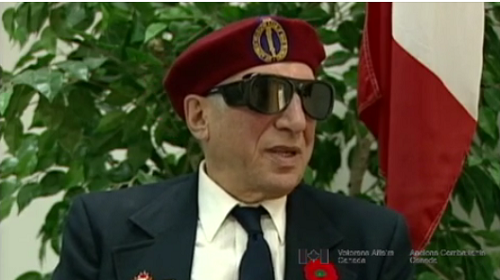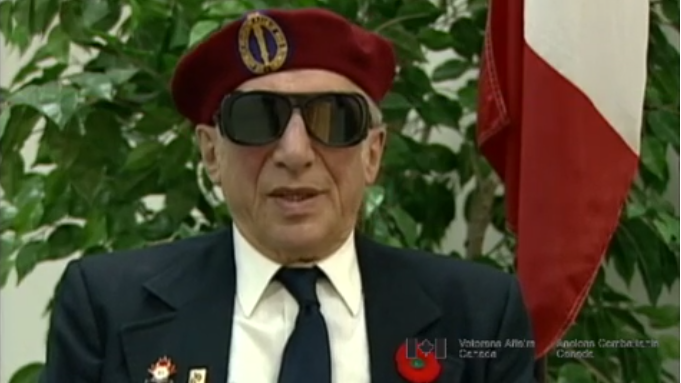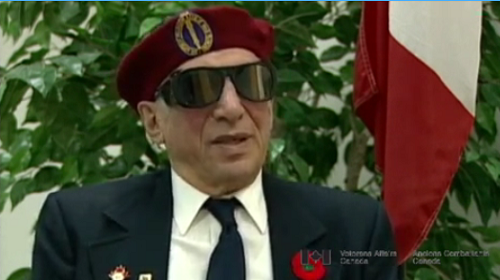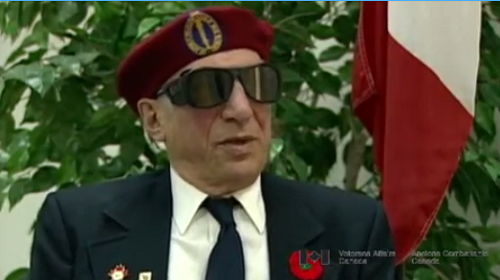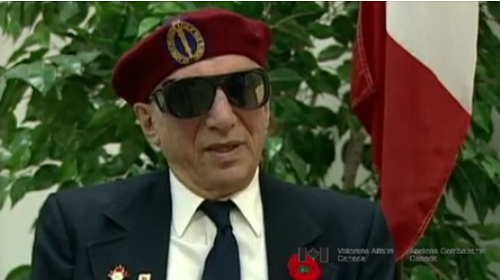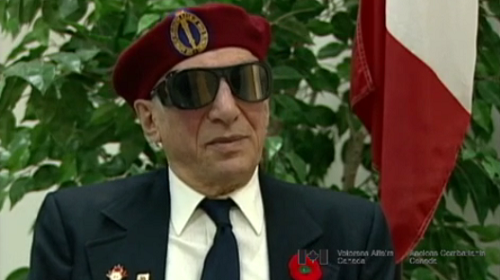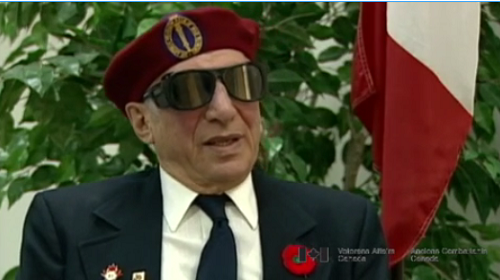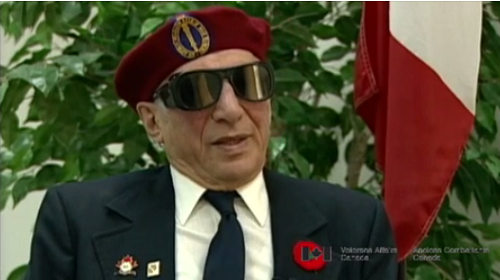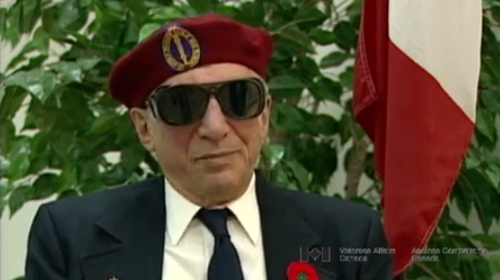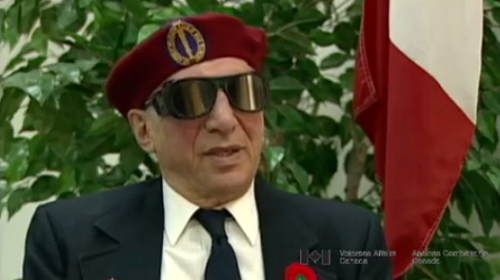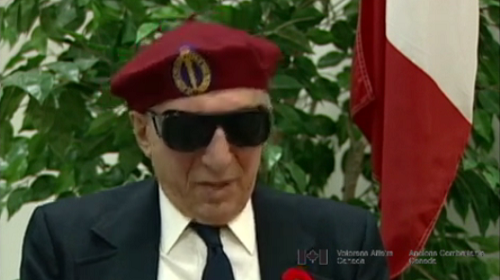Search
Search
Search Results
4752 results returned
Beri Beri
Mr. Harrison describes his experience with both dry and wet beri beri. Although he suffered with 'electric feet' from the dry beri beri, his worst experience was with wet beri beri, where the swelling from fluid in his lower limbs caused his toes to split open. He thanks his doctor for one night of morphine induced sleep.
- Date modified:
